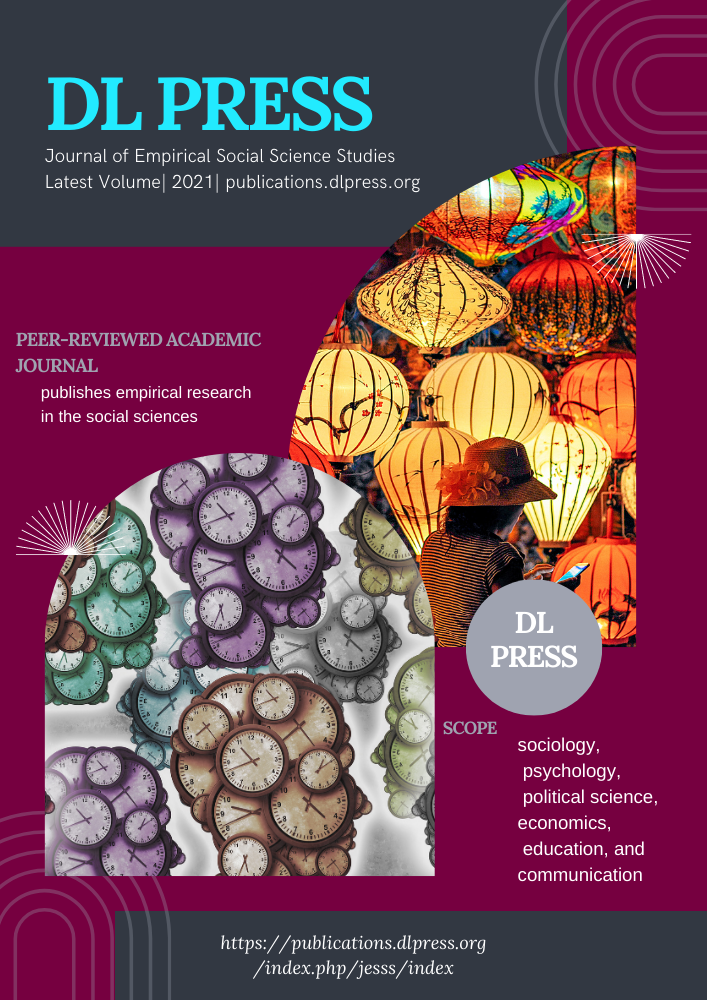Exploring the Convergence of Eco-Friendliness and Fashion: A social-media Perceptual Analysis
Main Article Content
Abstract
This study investigates the potential correlation between a fashion brand's eco-friendliness and its fashion perceptual attributes, utilizing Facebook data mining techniques. An algorithm estimated brand perception scores regarding eco-friendliness and fashion attributes based on user interactions. Regression analysis revealed a positive relationship between environmental practices and fashion/style attributes across luxury, high-end, and fast fashion brands. However, ethical business practices did not correlate with fashion attributes like glamour and style, suggesting consumer perceptions do not align ethical practices with glamorous, stylish brand images. The methodology demonstrates the value of social media data analysis for understanding brand perceptions without biases affecting survey approaches. Findings indicate environmental sustainability is becoming integral to fashion brand positioning, especially for luxury brands where consumers anticipate serious eco-commitments, positively impacting brand image. Consequently, fashion companies should focus communication efforts on ethical business investments which currently do not significantly influence consumer brand perceptions. Overall, this pioneering study makes significant contributions to research on the relationship between eco-friendly attitudes and consumer behavior. The highly adaptable methodology can be utilized to conduct in-depth investigations of consumer perceptions across domains. Findings provide guidance for fashion companies regarding communicating sustainability efforts. While environmental aspects positively correlate with fashion attributes, additional investments should target promoting ethical practices through certifications. Further research could explore competitive brand positioning and segmentation using social network analysis.
Article Details
Public Licensing Terms
Thank you for your interest in our published work. We are committed to promoting open access and the free dissemination of knowledge. In line with this, we have established the following public licensing terms that govern the use and distribution of our published works:
-
Creative Commons License: All our published works are licensed under the Creative Commons Attribution-NonCommercial-ShareAlike (CC BY-NC-SA) license, unless otherwise specified.
-
Permissions Granted: a) Attribution: You are free to share and adapt the work, provided that you give appropriate credit to the author(s) and provide a link to the original source. b) NonCommercial: You may not use the work for commercial purposes without obtaining explicit permission from the copyright holder. c) ShareAlike: If you remix, transform, or build upon the work, you must distribute your contributions under the same CC BY-NC-SA license as the original work.
-
Compliance with License Terms: When using or distributing our published works, you must comply with the terms of the CC BY-NC-SA license and ensure that proper attribution is given to the original author(s).
-
Commercial Use: If you wish to use our published works for commercial purposes, you must seek permission from the copyright holder. Please contact us at [insert contact information] to discuss commercial licensing options.
-
Third-Party Rights: Our published works may contain third-party content or materials. The licensing terms for such content may vary, and you are responsible for complying with any additional terms or restrictions imposed by the respective copyright holders.
-
Disclaimer: The published works provided under these licensing terms are intended for informational and educational purposes only. We do not guarantee the accuracy, completeness, or suitability of the content, and we shall not be held liable for any errors, omissions, or damages arising from the use of the published works.
-
Termination: We reserve the right to terminate or modify the licensing terms for our published works at any time without prior notice. However, any works published prior to the modification or termination will continue to be governed by the original licensing terms.
By accessing, using, or distributing our published works, you acknowledge and agree to be bound by these public licensing terms. If you have any questions or require further clarification regarding the licensing terms or permissions, please contact us at permission@publications.dlpress.org
Last updated: 05-02-2023
